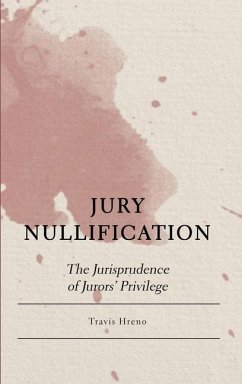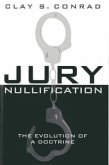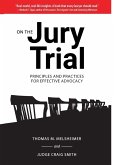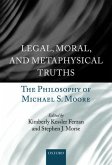"Jury nullification, in its simplest definition, occurs when a jury returns a not guilty verdict for a defendant it believes to be legally guilty of the crime charged. To put this explicitly, a jury nullifies when, despite believing both a) that the defendant did, beyond a reasonable doubt, commit the act/omission in question, and b) that such behavior is, in fact, prohibited by law, nevertheless declares the defendant innocent. This book explores the specifically philosophical aspects of the phenomenon. Is jury nullification a right? A power? A mere ability? A privilege? A pernicious form of juror malfeasance? Is a system that allows for jury nullification more, or less just, than one that does not? This important book fills a gap in the current scholarship around jury nullification"--
Hinweis: Dieser Artikel kann nur an eine deutsche Lieferadresse ausgeliefert werden.
Hinweis: Dieser Artikel kann nur an eine deutsche Lieferadresse ausgeliefert werden.








